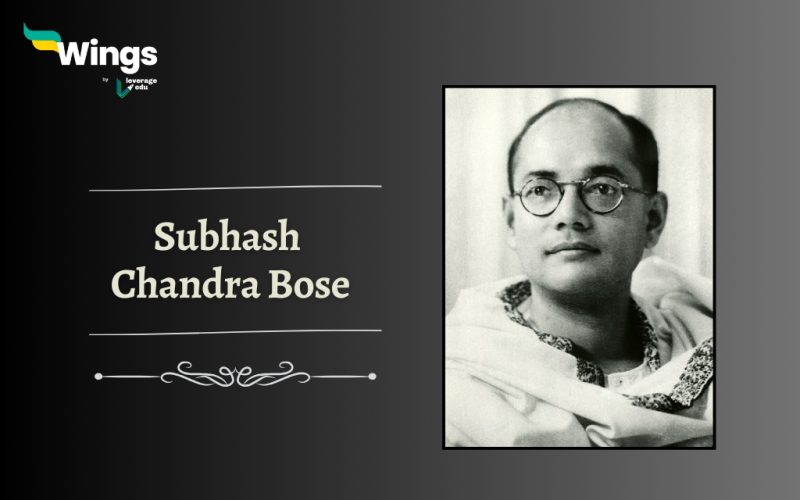Netaji Subhash Chandra Bose was born on January 23, 1897, in the city of Cuttack. He was the child of Janakinath Bose and Prabhavati Dutt. He was an Indian nationalist during the period of British colonialism in India. His steadfast patriotism, unshakeable nerve, and heroism made him a national hero, and every Indian citizen today sings with joy about his accomplishments. He attempted to drive out the British during the Second World War with the help both the Nazi party and Imperial Japan, creating a questionable legacy.
Table of Contents [show]
Subhash Chandra Bose: Early Life & Family
Many Indians will never forget the Indian Nationalist Subhash Chandra Bose’s sense of patriotism. He is best known for forming the group “Azad Hind Fauj,” whose motto is “Tum Mujhe Khoon Do, Main Tumhe Azadi Dunga.” He was born on January 23, 1897, in Cuttack, Orissa. On August 18, 1945, Netaji Subhash Chandra Bose passed dead in a Taiwanese hospital from burn wounds in a plane crash.
He has a number of catchphrases, such as “Delhi Chalo,” “main tumhe azadi dunga” and “tum mujhe khoon do,” He founded Azad Hind Fauj. He enthusiastically participated in the struggle for freedom in India. Bose is well known for his socialist principles as well as the tough strategies he adopted in order to gain independence for our country.
Also Read – Who Founded Azad Hind Fauj?
The ideology of Netaji Subhash Chandra Bose
He was influenced by the Bhagavad Gita, and he used it as motivation to battle the British. Netaji Subhash Chandra Bose was profoundly influenced by Swami Vivekanand‘s universalist and patriotic beliefs from a young age.
When he was a part of the Congress party, he became interested in the concepts of socialism and communism. He did believe that if National Socialism and Communism were merged, it would succeed in India. He supported secularism, gender equality, and other liberal beliefs, but he didn’t believe that democracy was the best form of government for India.
Relevant Blogs
This blog was all about Netaji Subhash Chandra Bose. If you want to read more articles like this, you can get Short notes on the Modern History of India here. Also, you can visit our general knowledge page on Indian History!
 One app for all your study abroad needs
One app for all your study abroad needs















 45,000+ students trusted us with their dreams. Take the first step today!
45,000+ students trusted us with their dreams. Take the first step today!
